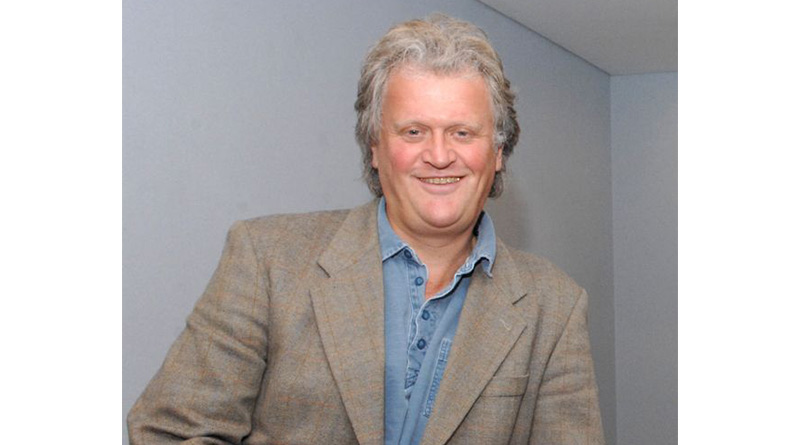Wetherspoon’s Set to “Break Even” as Sales Turn Positive

JD Wetherspoon has reported like-for-like sales have turned positive in the last two weeks with the company set to “break even” this financial year. The company reported like-for-like sales decreased 4.0% in comparison with the same period in FY19 for the 13 weeks to 24 April 2022.
Year-to-date like-for-like sales have decreased 6.2% against 2019 levels. The company stated: “In our interim statement, we indicated that like-for-like sales in the three weeks to 13 March 2022 had improved to minus 2.6%. In the following six weeks, to the end of the quarter, there was a further modest improvement to minus 1.6%. In the last two weeks of the period, like-for-like sales were slightly positive.
The company operates 47 pubs which have music, trading as ‘Lloyds’. Like-for-like sales for these pubs, in the quarter, were 3.4%. The company also operates 57 hotels. Like-for-like room sales during the quarter were 5.0%. In the financial year to date, the company has disposed of six pubs. A further five pubs have been surrendered to landlords, following the lease expiring. In addition, three leasehold pubs have been closed, in anticipation of the lease expiring.
The disposals and surrenders gave rise to a cash inflow of £6.3m. Net debt at the end of the quarter was £906m and liquidity was £173m. Debt is expected to be around £870m at the end of the financial year.”
Chairman Tim Martin said: “Since covid restrictions ended, sales have improved, as previously reported. As many hospitality companies have indicated, there is considerable pressure on costs, especially in respect of labour, food and energy. Repairs are also running at a higher rate than before the pandemic.”
“The company anticipates a continuing slow improvement in sales, in the absence of further restrictions, and anticipates a ‘break-even’ outcome for profits in the current financial year. Since 13 March, the company has returned to profitability and to a positive cash flow, and is cautiously optimistic about the prospect of a return to relative normality in FY23. The biggest threat to companies in the hospitality, tourism and related sectors is the possibility of future lockdowns and restrictions.”
“These sorts of actions were never previously contemplated in the nation’s history – or, indeed, in the government’s own pre-pandemic plans. Many people, including those in the government and the medical establishment, believe the UK response to covid, which included a number of prolonged national lockdowns, was a success. This view is called into question by the outcome in Sweden, a more urbanised country than the UK, which did not lock down – and which appears to have had better health results.”
“The collateral damage from lockdowns has yet to be quantified, but the economic cost, approximately half a trillion pounds, financed largely by ‘money printing’ by the Bank of England, is a direct cause of the current inflationary crisis.”
